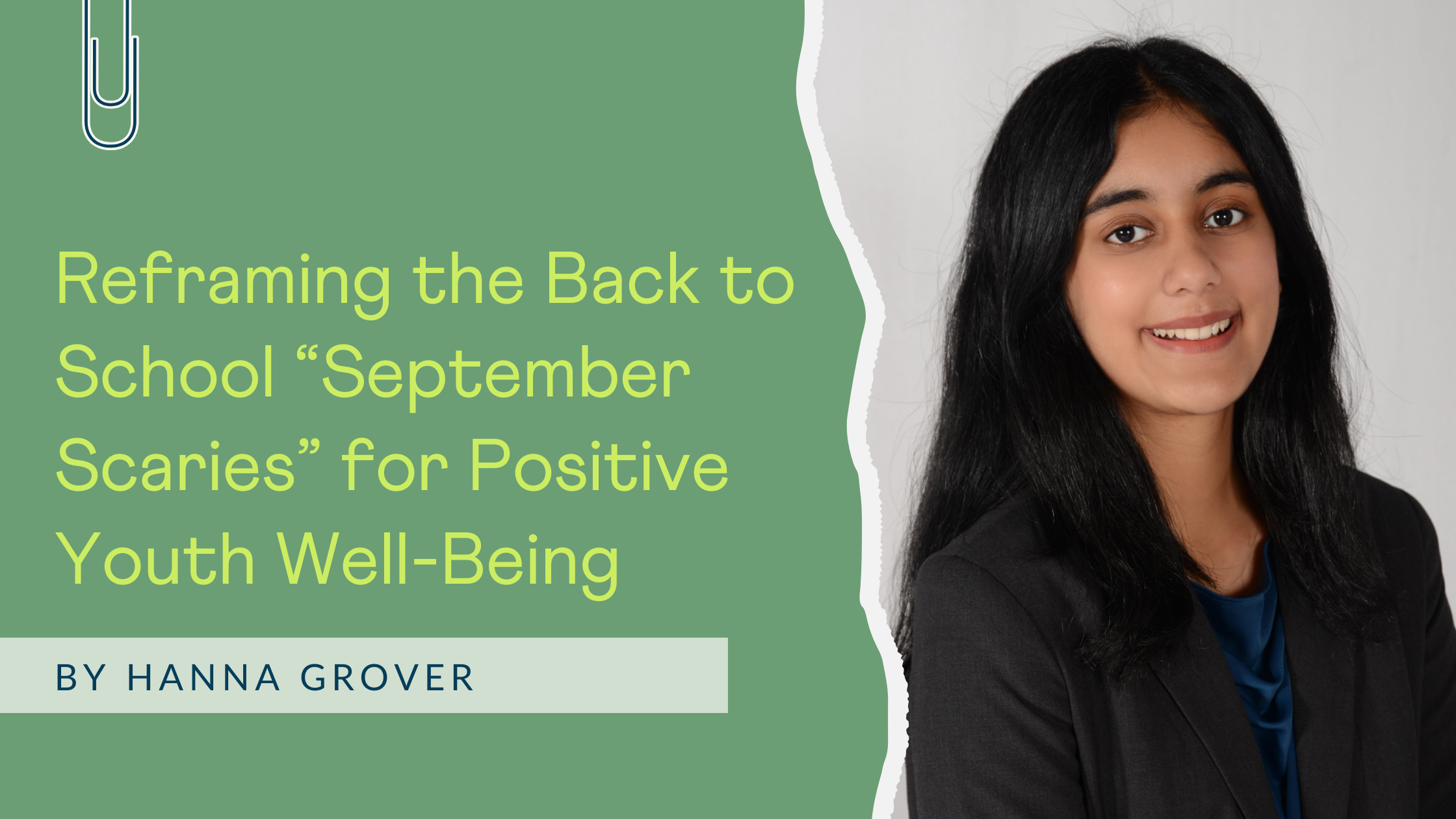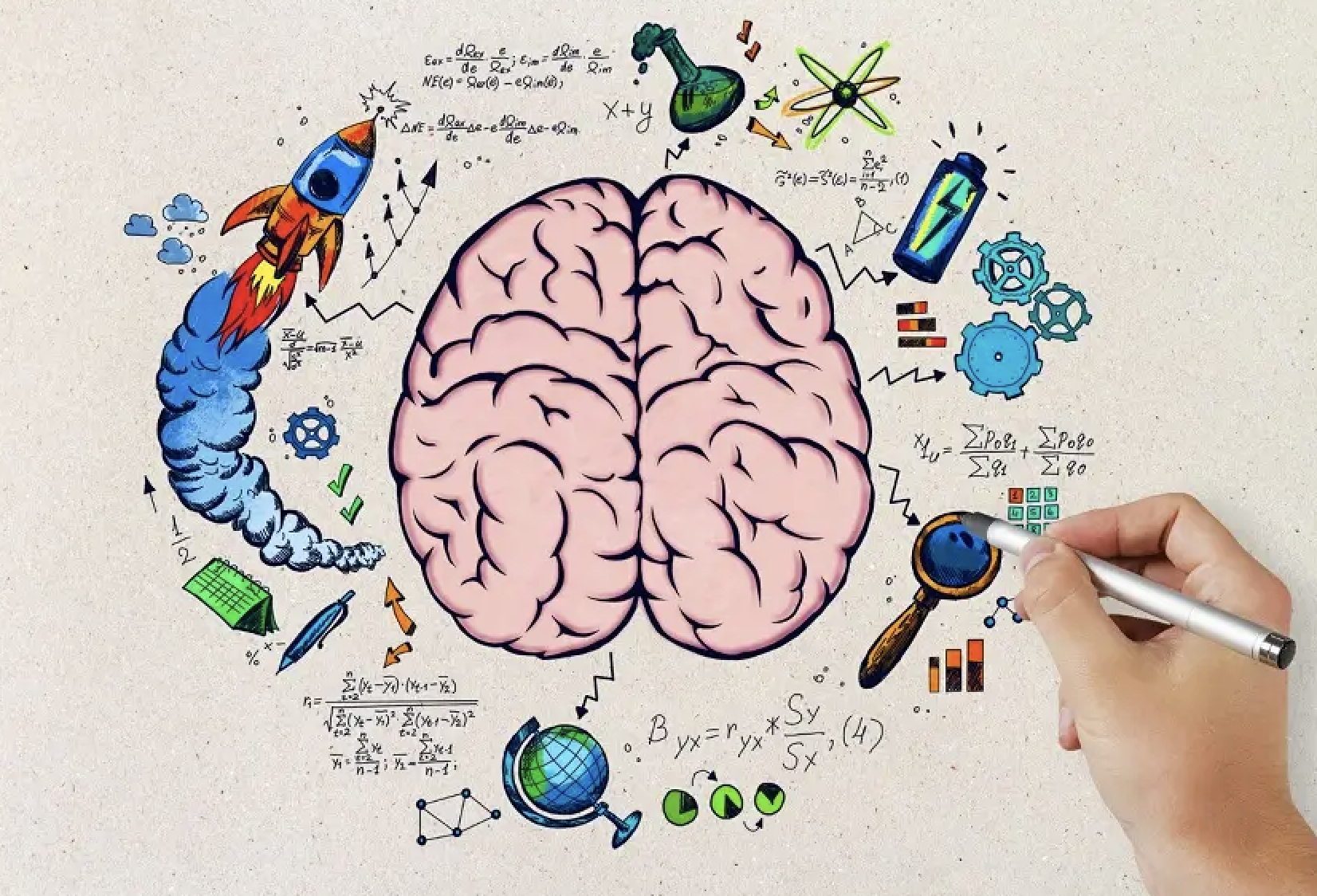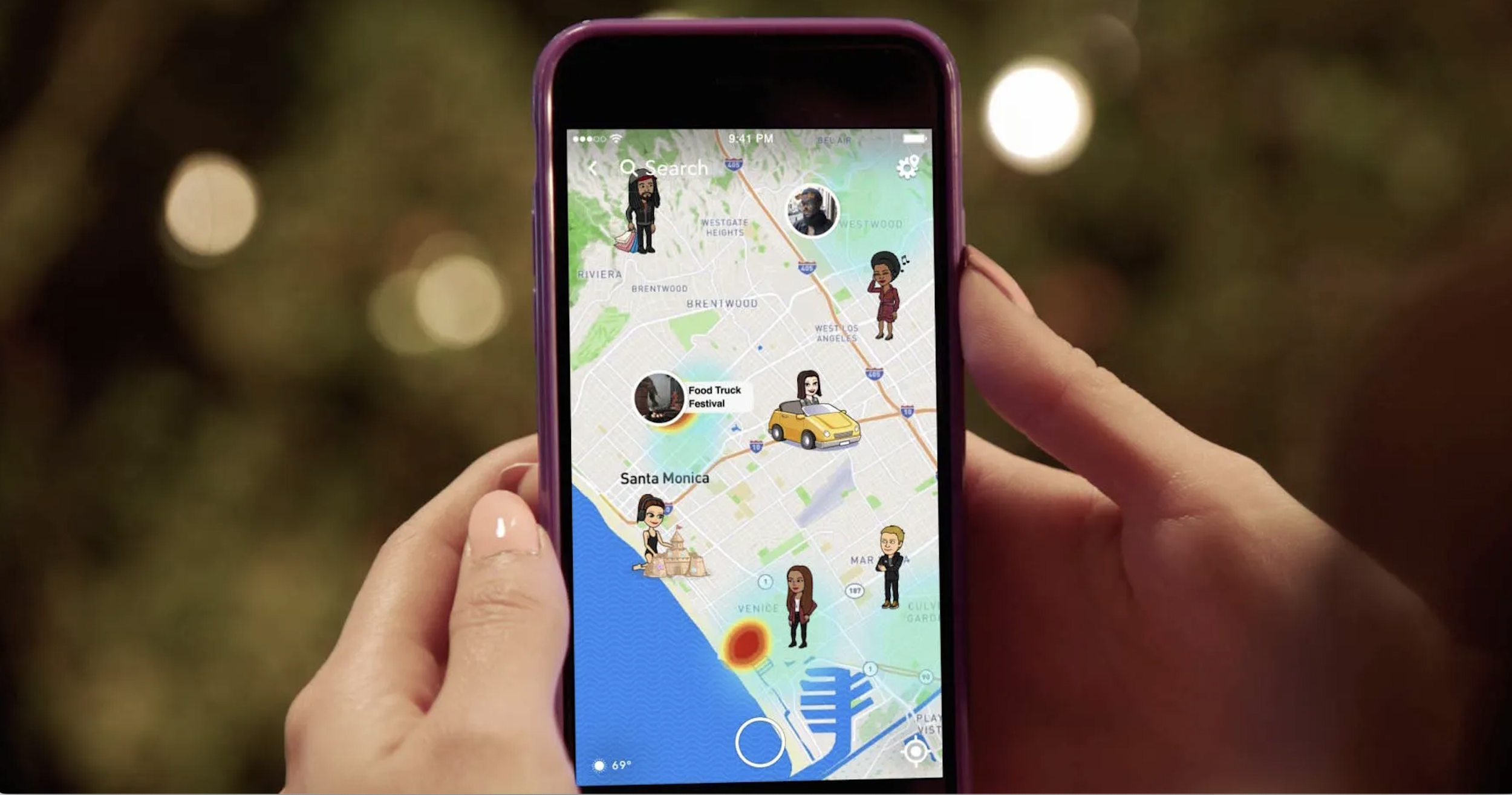Cultivate
and Motivate.
Welcome to the Straight Up Health Blog! Stay tuned for our latest blog posts about mental health, wellness, and development brought to you by our therapists and specialists in the field.

Self-Care During the Holidays: Finding Balance in a Busy Season
This holiday season, self-care isn’t about doing more — it’s about tuning in. Discover practical ways to protect your energy, honour your feelings, and move through the season with more balance and kindness.

Overwhelm, Exam Stress, and the Science of Task Initiation
Feeling frozen when you know you need to get things done? This week’s blog explores why getting started can feel impossible during high-stress times like exams and the holidays — and why that doesn’t mean you’re lazy. We break down the psychology of overwhelm and share simple strategies to help you get unstuck.

Understanding and Supporting Youth Through Rising Absences
A growing number of students are missing school, and many families are unsure why or how to help. In this blog, we explore what’s driving rising absences in Canada and how parents, caregivers, and clinicians can support youth in returning to school with confidence and care.

Resetting Your Body and Mind After Daylight Savings
The clocks are turning back – and while an “extra hour” sounds great, the shift can leave your sleep and energy feeling off. Our latest blog explores how to gently reset your body and mind through light exposure, consistent routines, and small daily habits that help you feel balanced and rested.

Coping with Seasonal Changes: How Shorter Days Impact Mood and Energy
Feeling a little more tired or low-energy as the days get shorter? You’re not alone. In this blog, we explore why seasonal changes affect mood and share simple, everyday strategies — like light exposure, routines, and connection — to keep you feeling balanced this fall and winter.

Perfectionism: What It Is, How It Shows Up, and How to Cope
Perfectionism can look like high standards, but it often comes with stress, procrastination, and never feeling “good enough.” In this post, we unpack what perfectionism really is, how it shows up in daily life, and practical ways to cope so you can strive for growth without the pressure of being perfect.

The Power of Routines: How Small Daily Practices Support Mental Health
Sometimes it’s the little things — like a consistent bedtime, a short walk, or a morning check-in — that make the biggest difference for our mental health. Discover how small daily habits can bring stability, reduce stress, and build resilience.

Resetting Your Sleep Habits This Fall
Struggling to get back into a healthy sleep routine? Quality rest is key for focus, mood, and overall wellbeing. Our latest blog shares practical tips for resetting your sleep habits this fall and what to do if sleep still feels out of reach.

Back-to-School and the Art of Making New Friends
Starting fresh at school can feel exciting — and a little overwhelming. You don’t need a big group of friends to feel a sense of belonging. What matters most is finding a few strong, healthy connections that make you feel supported and seen. This week, we’re exploring the art of making new friends and why quality matters more than quantity.

When University Doesn’t Feel Like You Expected
Starting university doesn’t always feel the way you imagined. Between homesickness, academic pressure, and the stress of building a new routine, the transition can be overwhelming. If your university experience isn’t matching your expectations, you’re not alone — and it doesn’t mean you’re doing anything wrong. With time, small steps, and the right support, things can start to feel better.

Reframing the Back to School “September Scaries” for Positive Youth Well-Being
As summer ends, many students feel the “September scaries”—nerves and nostalgia about heading back to school. By shifting your mindset, reframing challenges, and embracing the school year as a fresh start, you can turn those jitters into purposeful energy and set the stage for a positive year.

What to Do If Your Child Says They Don’t Want to Go to Therapy
When your child refuses therapy, it doesn’t have to be the end of the road. This blog shares practical tips for easing their worries, keeping the conversation open, and even starting with parent sessions so your family still gets the support it needs.

Why Teen Girls Are More Vulnerable to Mental Health Concerns (and What We Can Do)
Teen girls today are facing unique pressures that put them at greater risk for anxiety and other mental health concerns. This blog post explores why girls may be more vulnerable and offers practical ways for teens and parents to build resilience, confidence, and emotional well-being.

Moving Through the Day-One Dread
Anticipatory anxiety is real — especially as September nears. Learn why day one feels so hard, what’s actually going on in your brain and body, and how you can move through the nerves with care, not pressure.

Start Before It’s Hard: Why Therapy Isn’t Just for the Tough Times
You don’t have to wait for a crisis to begin therapy. In fact, the best time to build coping skills, routines, and emotional resilience is before stress hits. Whether you’re heading into a busy school year or anticipating a demanding season at work, starting therapy now helps you feel grounded and confident when challenges arise.

Understanding Executive Function: The Missing Puzzle Piece in ADHD
Struggling with follow-through, focus, or organization? Executive functioning challenges are often the missing link behind these difficulties—and the good news is, these skills can be built. Learn how understanding executive function can transform the way you approach support.

On Being Present: The In-Between is Where Life Happens
In a world that’s always asking “what’s next?”, it’s easy to miss the beauty of what’s happening right now. This week, we’re exploring how slowing down and embracing the in-between moments can help young people (and all of us!) feel more grounded, connected, and at ease.

AI Chatbots in Therapy: Helpful Tool or Human Replacement?
Many teens and young adults are now turning to AI chatbots for quick mental health support. While these tools can be helpful in some ways, they aren’t a replacement for the deep, human connection that therapy provides. Here’s what AI chatbots can (and can’t) do for our mental health – and why real relationships still matter most.

Why It’s Okay to Let Your Kids Be Bored: Supporting Brain Development in a Screen‑Saturated World
In a world of constant stimulation, boredom can feel like a problem to fix — but what if it’s exactly what young minds need? Discover how quiet, unstructured time supports brain development, creativity, and emotional well-being, and why parents shouldn’t fear a little boredom.

Snap Maps and Social Anxiety: What Teens Won’t Tell You
Snap Maps might seem like just another social feature, but for many teens, it’s a silent source of stress and anxiety. If your child seems increasingly preoccupied with what others are doing, feels left out, or struggles with social comparison, the pressure of being “always on” might be taking a toll. You're not alone, and there are ways to help.

